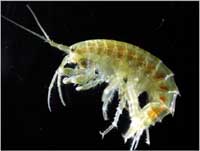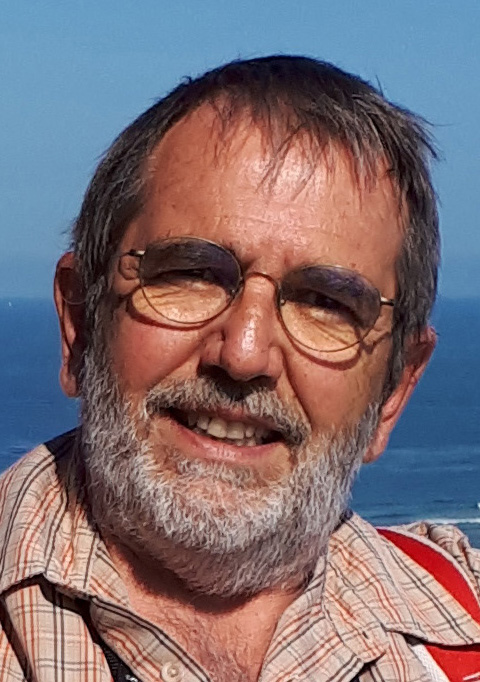Laboratoire Biogéosciences
CNRS, UMR 6282
Université de Bourgogne
6 bd Gabriel
21000 Dijon, France
Academic background
-
Graduate studies in Université de Poitiers – 1987
-
DEA (MSc) in Population Biology & Eco-Ethology, Université de Tours – 1988
-
PhD in Population Biology, Université de Tours – 1991
-
Habilitation à Diriger les Recherches, Université de Poitiers – 1999
Positions
-
1992 – 2001 Chargé de Recherche au CNRS, Université de Poitiers
-
2001 – 2003 Chargé de Recherche au CNRS, Université de Bourgogne, Dijon
-
2003 – present Directeur de Recherche au CNRS, Université de Bourgogne, Dijon
Research interests
My main research interests are in the evolutionary ecology of host-parasite interactions, focusing on the diversity of parasite’s strategies of host exploitation and the consequences on host population biology. The main topics of my studies are about:
-
Manipulation of host sex ratio. I’m interested in vertically-transmitted parasites (Wolbachia (my former favorite parasite!) , microsporidia) as reproductive parasites of their crustacean hosts, their consequences on host reproductive strategies. I also worked on biogeography of microsporidian parasites infecting amphipod hosts.
-
 Manipulation of host behaviour. The model organisms are acanthocephalan parasites, infecting freshwater crustacean intermediate hosts. I’m interested in investigating the causes for the variability observed in the manipulation (genetics, environment).
Manipulation of host behaviour. The model organisms are acanthocephalan parasites, infecting freshwater crustacean intermediate hosts. I’m interested in investigating the causes for the variability observed in the manipulation (genetics, environment). -
Conflicts between manipulative parasites. How do parasites with different transmission strategies coexist in a single host? Are there conflicts and how are they expressed? What are the consequences for the host? I try to address these questions by studying the above-cited parasites.
-
The role of biological invasions in evolutionary ecology of host-parasite relationships. The model organisms are the invasive amphipods and their parasites.
-
I also worked on projects on sea urchins and their symbionts: (1) to understand the role of ectosymbiosis on benthic biodiversity in Antarctica; (2) to understand how the life cycle of ectosymbiotic crab is shared between two hosts.
- Finally, I began recently projects around senescence and evolutionary ecology of immunity in the insect Tenebrio molitor, with Yannick Moret. We are investigating how growth rate is impacting reproductive, actuarial and immune senescence.
Publications: please visit the following sites
https://www.researchgate.net/profile/Thierry_Rigaud
http://www.researcherid.com.inee.bib.cnrs.fr/rid/T-4053-2017

